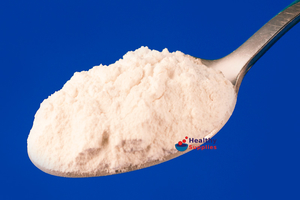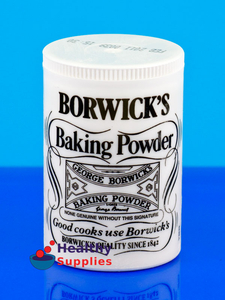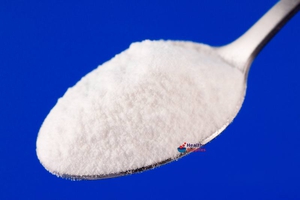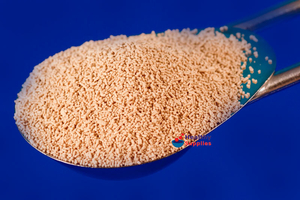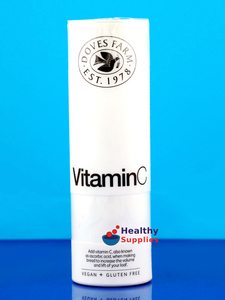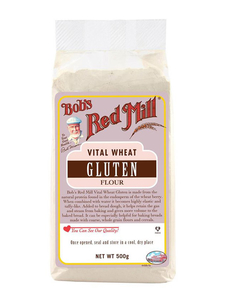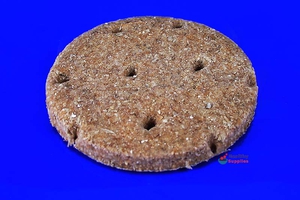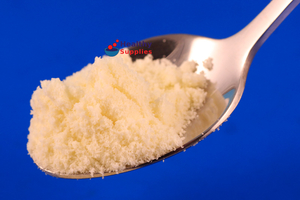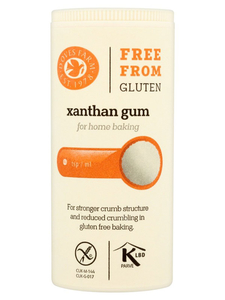GUIDE TO BAKING AIDS
Baking agents are a baker’s best friend. These special ingredients come in different forms and can transform your bread, cakes or other bakes.
We stock a huge variety, but often get asked how to use them! So here is our handy guide on our most popular baking agents!
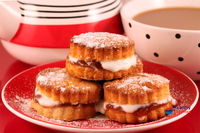
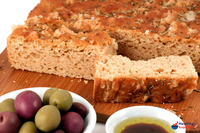
This fine white powder is useful in both savoury and sweet baking and cooking. Cream of Tartar helps to stabilise and increase the volume of beaten egg whites when making meringues. The powder is also useful to prevent the crystallisation of cooked sugar, for example when making fudge. Check out how to make macaroons, using cream of tartar here!
Baking powder is a special agent that increases lift in various bakery recipes, including; bread loaves, rolls, muffins and cakes. Baking powder is a mixture of flour and raising agents such as cream of tartar or bicarbonate of soda. Check out how you can use baking powder to make these delicious gluten-free scones. Recipe here!
Bicarbonate of soda is the same thing as baking soda. It is also one of the ingredients of baking powder. It is used to give recipes a rise. It can also be used in homemade beauty remedies such as tooth whitening, foot soaks, natural deodorant and as an insect bite soother. We love using bicarbonate of soda in our soda bread recipe! Full details here!
Vitamin C powder (or ascorbic acid powder) is used in bread making. Vitamin C is used to boost the action of yeast in bread-making, by providing a slightly acidic environment in which yeast thrive. It also strengthens the dough, which helps to trap the bubbles created by the yeast. It also acts as a preservative! These delicious baguettes require 1 tsp of vitamin C, full recipe here!
Vital Wheat Gluten is made from the natural wheat protein found in the endosperm of the wheat berry (wheat grain) It is designed as a bread improver, because when combined with water it becomes elastic. It helps bread dough (i.e. strong flour) retain gas and steam whilst baking, thus increasing the volume of your bread and providing a loose crumb structure. You can also use vital gluten to make seitan! Check out how we made ours here!
Sourdough starter is essential for making sourdough bread. You can make your own, or you can use our handy pre-made one! If looked after correctly, sourdough starter can be kept going for years! We love this whole grain, no-knead sourdough – full recipe here!
Milk powder is a great addition to baking and cooking. Primarily, it is used in confectionery making. It can also be added to bread recipes to enhance the colour of the loaf and make a softer loaf. Milk powder also adds a great flavour to white bread! We used milk powder to make delicious energy balls! See our recipe here!
Xanthan Gum is used to improve the consistency of gluten-free flours such as rice flour, potato flour or buckwheat flour. Xanthan gum is used as a binding agent to perform the role that gluten plays in wheat flour. Use about two teaspoons per Gluten Free Bread Loaf. Xanthan gum can also be used to make things like dairy-free ice cream! Check out our recipe here!
